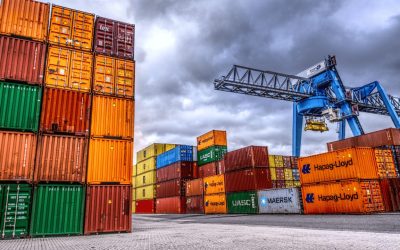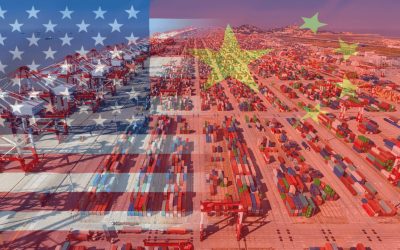Brexit gave us an unprecedented scenario in this technological age. 30 years ago there were no customs between the UK and the European Continent, nor restrictions on the flow of goods between countries. Also, there were no smartphones nor internet the last time there were customs in Europe. The impact of Brexit in a technological world cannot be measured yet, but in its first few months of validity it has already made the flow of goods much more complex, to the point of becoming a problem that affects the performance and the future of many companies. What can be done to deal with this new scenario and get away with it? It is time to hire a strategic vendor/partner with a solid background and knowledge in dealing with high impact projects in hard to reach customs.
The EU’s customs union began in 1957 and was completed in 1968. As a free-trade area, a customs union scraps internal tariffs and quotas, but it adds a common external tariff. By definition, leaving the EU means leaving its customs union, but it does not preclude forming a new customs union with the EU, like Andorra, Monaco—and, on a bigger scale, Turkey—have done.
At Aerodoc we have 25 years of experience in the logistics and IOR industry, a deep knowledge of the legal and contractual dynamics in over 160 countries and in hard to reach areas where compliance requirements tend to have unexpected dynamics.
Among many successful cases, we would like to highlight one that shows the scope of our operational capacity due to its logistical complexity: the transportation, import, compliance, and local delivery of two 9-meter antennas in the Redditch teleport (Worcestershire, EOR services, logistics, IOR and white glove delivery), which required strict compliance and legal knowledge of all stages, challenging our 25 years leading the logistics of satellite equipment, IT and telecommunications.
Would you like to know how Aerodoc can be your partner, ally or advisor to navigate the complexities of Brexit? Contact us!




